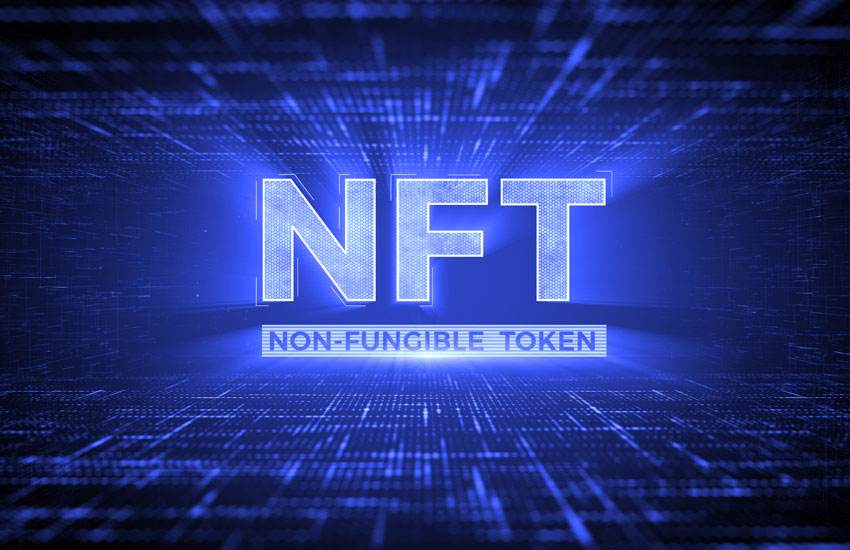Non-fungible tokens are a hot topic in the blockchain world. They represent ownership of digital assets and provide for unique and verifiable ownership records. In this blog post, we will discuss a few features that make non-fungible tokens unique.
- Tokens are not interchangeable
We can’t substitute one ERC20 token for another. Each type of non-fungible token is unique, and each owner receives a different value from their tokens at any given time. This also means that some NFTs may have more or less monetary value than others, depending on the market demand. The nft creators are in full control of the supply and can create or destroy tokens at will.
- Tokens contain metadata
Non-fungible tokens can be identified, sorted, and tracked by any external piece of data. This means that each token contains a tiny amount of metadata about itself and its owner, much like the serial number on an item at your local store.
Every ERC20 token has one or more associated functions which determine how they behave within the Ethereum ecosystem. These give us functionality such as transferring ownership between wallets to specifying certain actions we want to be taken when receiving funds from another wallet (for example, fees). In addition, non-Fungible tokens allow for complex smart contracts with various events depending on their specific setup to establish unique rules surrounding asset management and transferability.
- Tokens are stored on the blockchain
All NFTs are stored on the blockchain and can be accessed by anyone with an internet connection. This permanent and public ledger ensures that transactions are transparent and cannot be manipulated by any third party.
To own a non-fungible token, you need access to a compatible wallet. These wallets come in many shapes and sizes, but all of them store your tokens securely while also allowing you to send and receive them from other users easily.
Wallets that support ERC20 tokens include MyEtherWallet, MetaMask, Trezor, Ledger Nano S, Exodus, Jaxx, and more!
- Tokens can be used for authentication
Non-fungible tokens are perfect for authentication purposes. Due to their unique nature, they can act as digital signatures or verification tools. For example, a company could use NFTs to verify the identity of its employees or customers.
This also opens up new possibilities for online marketplaces and other platforms that require some form of identification. By using non-fungible tokens, these businesses can ensure that all user data is accurate and secure.
- Tokens are censorship resistant
Due to the decentralized nature of NFTs, they cannot be deleted or altered by any one party. This makes them extremely difficult for anyone who might want to censor their creator’s message or artwork.
This property allows non-fungible tokens so much more value than traditional digital assets found on platforms like Steam, where once a user purchases an item, it becomes locked in time and space with no chance of being returned if something goes wrong.
Conclusion
Changing or deleting digital assets can be dangerous in many different situations. This is why non-fungible tokens are so valuable as a censorship-resistant solution for anything from art and music, all the way to educational resources such as textbooks.






